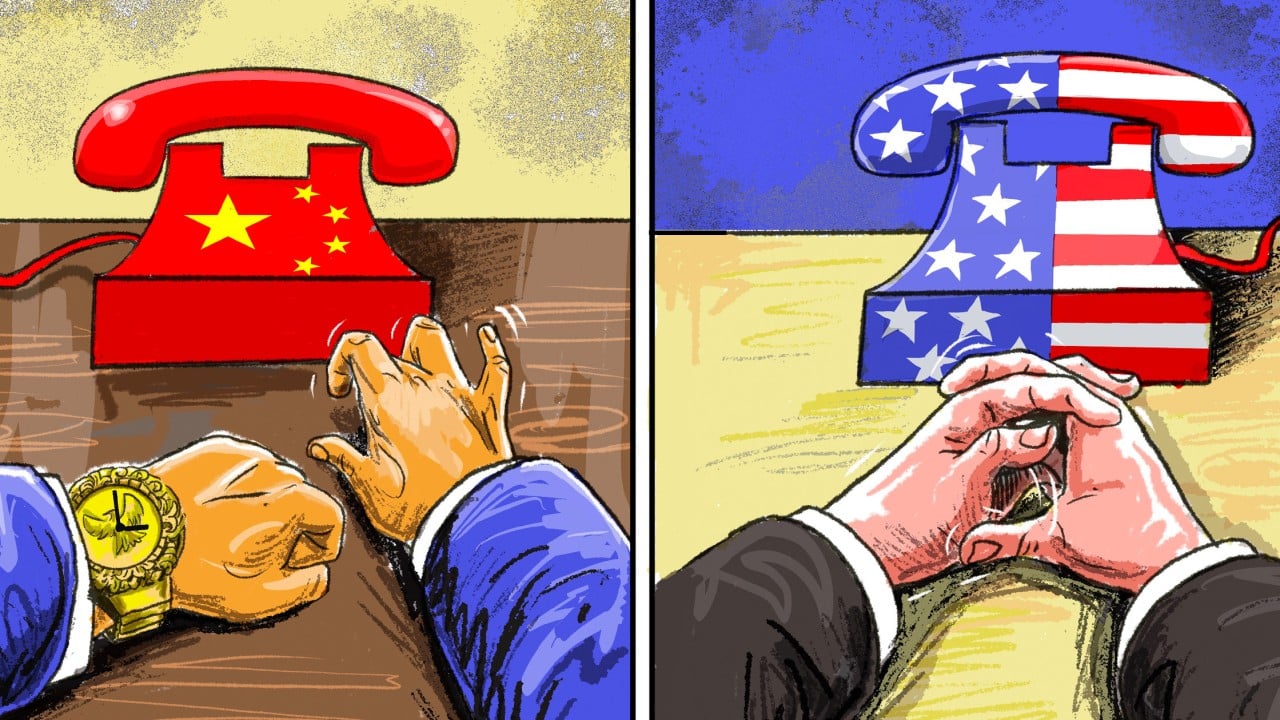To call or not to call – that is the question poised to vex the US-China relationship in the coming weeks, as Beijing and Washington up the ante in this power game to see who will blink first. On April 2, US President Donald Trump ignited a global trade conflict, specifically targeting China due to its substantial annual trade surplus with the US.
Advertisement
Since then, the world’s two largest economies have engaged in a tit-for-tat over trade tariffs. The US has imposed a 145 per cent tariff hike on most Chinese goods. China retaliated with a 125 per cent tariff on American products.
The preposterous tariff levels have ground bilateral trade to a halt. How and when this tariff war will end is a matter of intense global debate and speculation. However, one thing is clear: if Trump anticipated China would capitulate first, he misjudged Beijing’s political strategy and its capacity to withstand economic hardship.
In recent weeks, an absurd episode of political theatre has unfolded. Through various media interviews and impromptu remarks, Trump, with a poker face, claimed that President Xi Jinping had called him to discuss tariff and trade negotiations, implying Beijing’s concession.
“[Xi’s] called. And I don’t think that’s a sign of weakness on his behalf,” Trump stated in a Time magazine interview late last month, a claim he later reiterated. He also asserted that his administration was negotiating with the Chinese to reach an agreement.
Advertisement
Yet, Beijing has consistently and categorically denied all of Trump’s assertions, including claims that Xi called him or that the two sides were engaged in tariff discussions.

